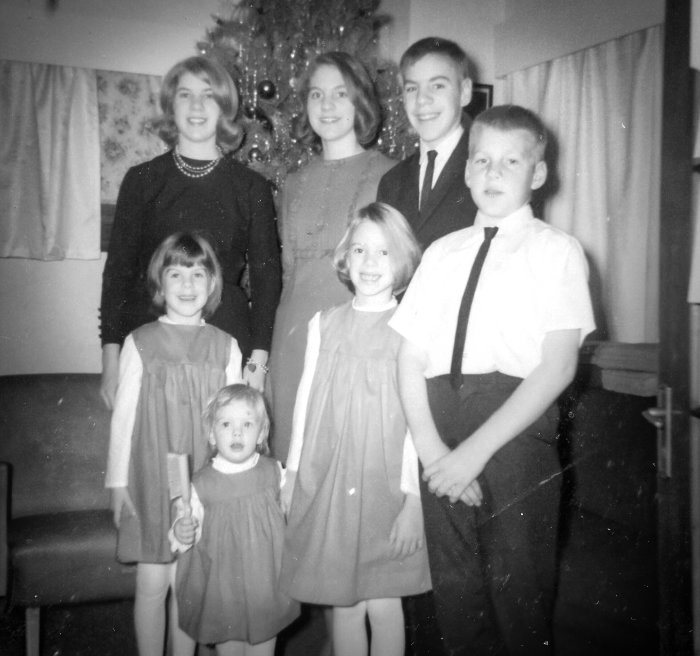It seems like we don’t think of this story until Christmas time. I’m not sure why that is, but for some reason, it came to me today. Just like that, “The Gift of the Magi.”
It is a story by a fellow named O. Henry. O. Henry was the pen name adopted by William Sydney Porter.
Porter began writing in the late 1880s. He was in his twenties at the time. But it wasn’t until 1898 that he started to apply himself seriously to his work. A few years prior to that, he was jailed for embezzling money from a bank in Austin, Texas. I should say here that our pal William was a heavy drinker, which may have affected his judgment.
Porter had been born into a poor family. And, at the time he stole the money, he was married and had a daughter. Faced with the criminal charges, Porter packed it all up and fled to Honduras to avoid imprisonment. Unfortunately, his wife was diagnosed with a terminal illness, and he returned to the United States because of this. She died in 1897. But. The authorities welcomed him home to the United States. He spent three years in jail as a result.
While he was in jail, he wrote. After his release, he moved to New York and was hired by New York World to write one story a week. He kept the job from 1903 to 1906. But during that time, he published his first story collection, Cabbages and Kings, in 1904. More collections came in 1906 and 1907, and two collections a year were published from 1908 until his death in 1910. Magi came in 1906.
The story tells of a young husband and wife and how they deal with the challenge of buying secret Christmas gifts for each other with very little money.
But. What exactly is a “magi?” For those who don’t know, “magi” is the plural of magus. And a magus is a wise man or magician. The words magic and magician are derived from magus. In the Christian tradition, the Magi were the three wise men (the kings) who brought gifts to Jesus Christ when he was born. It was they who “invented” the practice of giving Christmas presents in the first place.
And that couple in O. Henry’s story was all about giving a great gift to one another. Of course, we know how that went. Her, with cutting off her hair to buy the gold chain for her husband’s watch. And he, selling his gold watch to buy nice combs for her long hair.
It kind of sucks, really. I mean, I know the message is supposed to be about sacrifice, and it is “the thought that counts.” At least, that is what most scholars say on the subject. It teaches us about sacrificing for others. But what of it? These two people sacrificed their most prized possessions to what end? Now they have a couple of useless combs and a chain without a purpose. I’m guessing before all of this happened, they knew full well that they loved one another. They knew this without having to have lost a headful of hair and a gold watch.
While we are on the subject, what the heck is a little baby in the middle of the desert going to do with gold, frankincense, and myrrh?
Okay, okay. Back to O. Henry, aka William Sydney Porter. Things get worse here. Porter had married again in 1907 to childhood sweetheart Sarah (Sallie) Lindsey Coleman. But Porter continued to be a heavy drinker, and by 1908, his health fell off considerably. It affected his writing. In 1909, Sarah left him, and he died on June 5, 1910, of “cirrhosis of the liver, complications of diabetes, and an enlarged heart.” He was 47 years old.
Despite the enormous popularity of the nearly 300 stories he published, he led a difficult life. I think that is what the true message is here.
O. Henry, William Porter, had a rough go of things. And even though his life was filled with the hardship of being an addict, among other things, he was able to see the goodness of the human spirit. He was still able to recognize that at the core of us, most of us are kind, loving, good people. The couple in the story shared a miraculous love between them. The gifts were secondary if even that.
And even if I still don’t know what a little baby is going to do with frankincense or myrrh, I know that the wise men were giving in kindness. Actually, I think they were probably re-gifting those items, so there might be a message there too.
Even still. Our hearts were meant to be filled with kindness. I think we should try our best to keep them that way, no matter what is around us.
«««««««
“No act of kindness, no matter how small, is ever wasted.”
― Aesop
«««««««
“Be kind whenever possible. It is always possible.”
— Dalai Lama
«««««««
“When you are kind to others, it not only changes you, it changes the world.”
— Harold Kushner
«««««««
Oh William. Oh Henry. Oh my.
